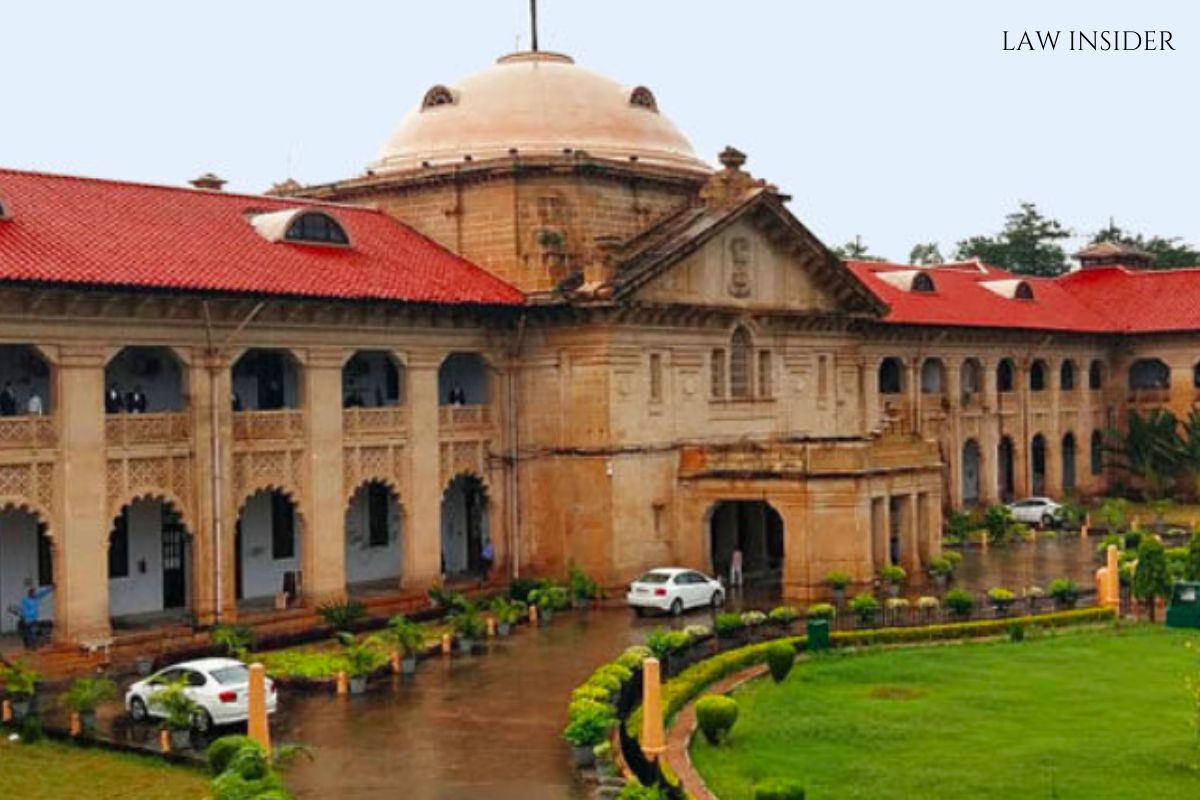Shashwati Chowdhury
Published on: August 10, 2022 at 20:07 IST
Vikram D. Chauhan, J. of the Allahabad High Court, took cognizance of the transfer application filed to transfer the Section 125 Criminal Procedure Code, 1973 case currently pending before the Principal Judge, Family Court, Bhadohi at Gyanpur to the court having competent jurisdiction in District Prayagraj, disallowing it and emphasising the significance of digitalization in the judicial system.
The digitalization involves more than just using technology. It includes the use of technology to transform how courts and the justice delivery system operate so that ordinary citizens can have better, more efficient, and more accessible experiences. The divide between litigants and the courts is bridging through digitization.
When the applicant came to the court, opposite party 2 and his family members violently assaulted the applicant, according to the applicant’s counsel. The applicant is a wife who had filed an application under Section 125 of the Code. The applicant’s life is in danger. On account of the financial crisis, the applicant had also requested transfer.
The Court stressed that with the development of technology and telecommunication, including internet services, the petitioner is enabled to access his counsel through telecommunication/Internet. This includes using video conferencing to address the court. The Supreme Court of India had established an e-committee, the Court further recalled, to ensure that the Information and Communication Technology Act was implemented effectively.
The Allahabad High Court has taken a significant step in this direction by framing “Rules for Video Conferencing for Courts in the State of Uttar Pradesh, 2020” (Rules of 2020), which were notified in a notification on November 27, 2020. The primary objective of the aforementioned rules is to streamline, unify, and consolidate the process for using video conferences in court proceedings. The Court concluded that the Rules of 2020 adequately address the litigants’ concerns, particularly the distance factor and perceived threat.
Once the Rules of 2020 have been notified in accordance with the power granted to the Indian Constitution under Articles 225 and 227, video conferencing will be available to litigants in court, and this additional channel will be able to address the concerns raised by the litigant in the current transfer application. In light of the aforementioned observations, there is no ground for transferring the case to a different district.
The transfer application was disposed with the applicant free to apply a video conference facility for legal proceedings under the Rules for Video Conferencing for Courts in the State of Uttar Pradesh, 2020.

